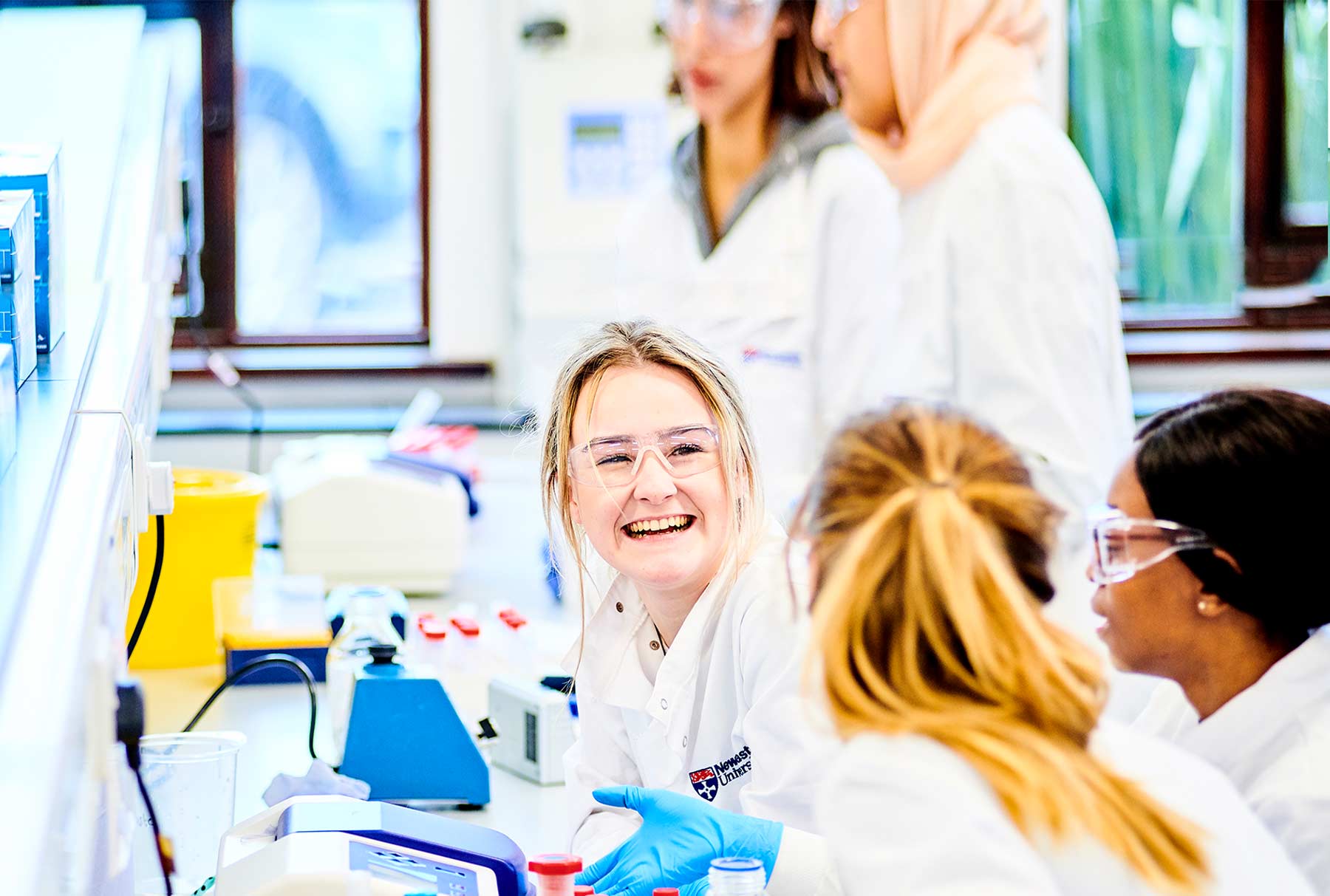Student Support
A network of support is available to pharmacy students and students are free to seek information and advice form a variety of sources.
Our students receive outstanding academic and pastoral guidance
This is provided by both the School of Pharmacy and the University’s specialist support services. A network of support is available to pharmacy students and students are free to seek information and advice form a variety of sources. The Student Services website contains comprehensive information about your life at the University. Our Student Wellbeing Service provides information, advice and support on a wide range of student support issues.
Our central websites have information about:
- accommodation
- tuition fees, funding and finance
- student life as an undergraduate
- student life as a postgraduate
They also have information about university facilities, including:
School office
Students are encouraged to contact the school office with all queries and concerns. The friendly staff are well equipped and are more than happy to assist.
Academic support
Adapting to the learning environment at University as opposed to that experienced in school can be challenging. What worked for A-levels may no longer be effective in a university context. Most support activities are available in person, through the library or online. For students with dyslexia or learning difficulties, specialist study skills support is also available via Student Wellbeing.
English as a second language
If English is not your first language, you may wish to access additional support to improve your spoken and written English. The In-Sessional English team at Newcastle University offer English language support for non-native speaker students.
Academic skills team
The Academic Skills Team offers a free service to help students develop their academic writing and study skills. The service includes:
- workshops on topics such as writing a dissertation proposal and using sources in your writing
- one-to-one sessions with an Academic Skills Team tutor
- online resources for advice on academic writing and a range of study skills via the Academic Skills Kit website
Personal tutors
At the beginning of your first year, you'll meet your personal tutor within the School of Pharmacy. Usually, this person will act as your personal tutor throughout your time at Newcastle University. You'll meet with your personal tutor at least twice a year. Their role is to provide an initial point of contact for any concerns you may have.
Your tutor can advise and support you in academic and non-academic matters. You can go to them at any time for advice and help, whether about your academic development and progress, finance or any other University matter.
Depending on the nature of your discussion, they may refer you to other sources of support within the University.
It is important you maintain contact with your personal tutor. Even when you are not experiencing personal issues or academic challenges. Your personal tutor can support you by being a referee for vacation jobs, giving insight into career needs, etc.
Student wellbeing service
The University’s Student Wellbeing Service provides a confidential source of more specialised information, advice and guidance. This covers a wide range of student support issues to enable all students to maximise their potential while at University. The Student Wellbeing Service offers specialist advice to students on all aspects of wellbeing, including:
- disability support
- financial support
- physical and mental health and wellbeing
Careers service
The University Careers Service offers careers guidance and advice throughout your studies and up to three years after graduation.
Extra-curricular activities
We recognise the importance of establishing a balanced approach to study. There are plenty of opportunities for our students to engage in extra-curricular activities. Plus, there are many social opportunities for students to take part in.
Many students also choose to volunteer in the local community by taking part in fundraising activities. Volunteering can also help other students, for example, Nightline is a University listening service for students, run by students.
